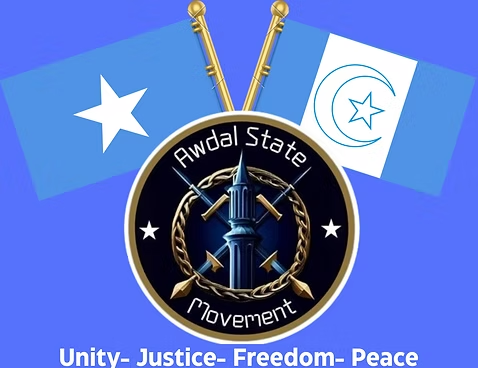The Gadaboursi people boast a rich and storied history, one that is deeply rooted in the fabric of the Horn of Africa. Their legacy is not a tale spun from fiction (like the so-called “Xeer Ciise”) or folklore, but a narrative embedded in the annals of history. The Gadaboursi are known for their hospitality, intelligence, and a profound commitment to the concept of Somalinimo, a brotherhood that transcends tribal boundaries. Yet today, as external forces encroach upon their lands and livelihoods, the question arises: Why do the Gadaboursi appear to remain passive, seemingly indifferent to the threats facing their ancestral territories?
I- A Legacy of Peace:
In recent years ( last 3-4 decades), the Gadaboursi have prioritised peaceful coexistence. In an era marked by crises, terrorism, tribalism, and foreign invasion, their approach has been one of diplomacy and understanding. While many Somali clans have resorted to violence, the Gadaboursi have sought to maintain harmony with their neighbors. This commitment to peace, however, seems to have come at a cost. With the rise of external aggression, their lands are now being claimed by foreign populations supported by outside governments, raising the question of why the Gadaboursi are not responding more vigorously to protect their interests.
II- Fragmented Identity Across Borders:
The Gadaboursi are dispersed across three nations: Ethiopia, Djibouti, and Somalia. This geographical fragmentation complicates collective action. Each region has its own political dynamics, legal frameworks, and historical grievances. As a result, unified responses to threats against their land and identity become increasingly difficult. The lack of centralised leadership or a cohesive political agenda further hampers their ability to organize and defend their rights.
III- Cultural Restraint and the Price of Violence:
A significant aspect of Gadaboursi culture is the deep-seated belief in resolving conflicts through dialogue rather than violence. This cultural restraint, while noble, can be misconstrued as apathy in the face of aggression. The elders and leaders of the Gadaboursi often emphasize the importance of maintaining peace within the Somali community, fearing that internal conflict could lead to further devastation. This perspective is understandable, especially given the historical context of clan wars that have plagued Somalia for decades.
However, as Marcus Tullius Cicero aptly stated, “They do not love that country which cannot show their blood in its defence.” The land of the Gadaboursi is not merely a geographical location; it is intertwined with their identity, history, and cultural heritage. To defend it is to honour their ancestors and safeguard their legacy. The question remains: How can the Gadaboursi reconcile their commitment to peace with the urgent need to protect their land?
IV- Economic Pressures and Changing Priorities:
Economic challenges have also played a role in the Gadaboursi’s apparent quietude. With recurrent droughts and limited access to resources, many families are struggling to survive. The focus on immediate survival can overshadow longer-term concerns about land and heritage. Additionally, the diaspora community, while active in supporting various initiatives, often prioritizes education and economic advancement over political mobilization. This shift in focus can dilute the collective action necessary to defend their territorial rights.
V- The Way Forward: Reclaiming Agency:
Despite these challenges, it is crucial for the Gadaboursi to recognize that their land and heritage are integral to their identity. They must reclaim their agency in the face of adversity. Here are potential pathways forward:
1. Strengthening Unity: Building a cohesive cross-border council of elders and leaders can foster a unified response to external threats and facilitate coordinated actions.
2. Cultural Advocacy : Promoting awareness of Gadaboursi history and values within the broader Somali narrative can garner support and solidarity from other clans.
3. Engagement with the Diaspora:
Mobilising the diaspora for advocacy, funding, and education initiatives can create a stronger voice for the Gadaboursi cause.
4. Balancing Peace with Defence: Emphasizing the importance of defending land while maintaining cultural values can help navigate the complexities of intra-Somali relations.
The Gadaboursi people have a rich heritage that deserves to be defended. Their silence in the face of encroachment is not a sign of indifference but rather a complex interplay of cultural values, historical context, and external pressures. It is time for the Gadaboursi to recognize that their land shapes their identity and to take bold steps to protect it. In doing so, they honour their ancestors and ensure a vibrant future for generations to come.
By: BURAALE XINIIN
